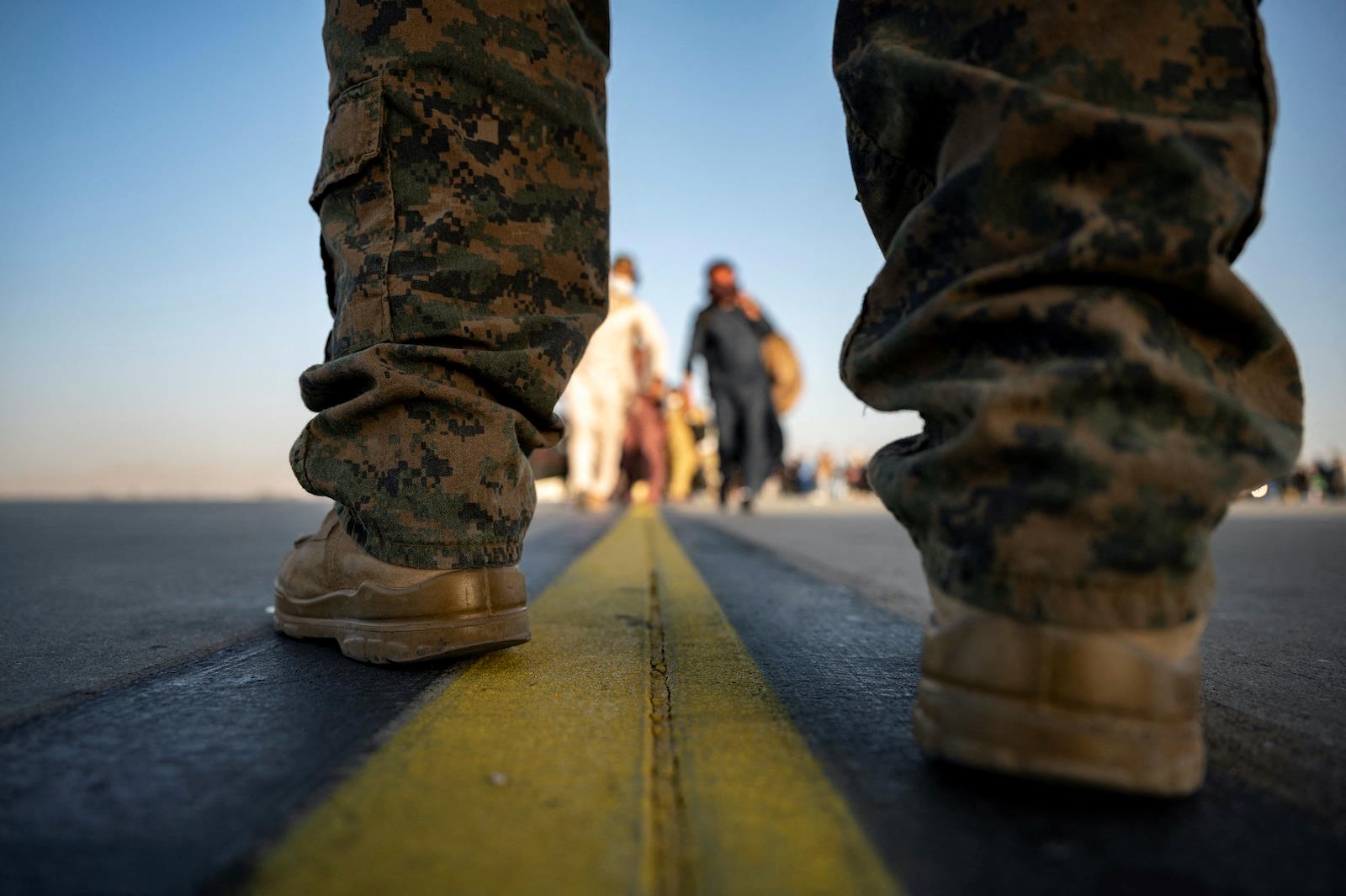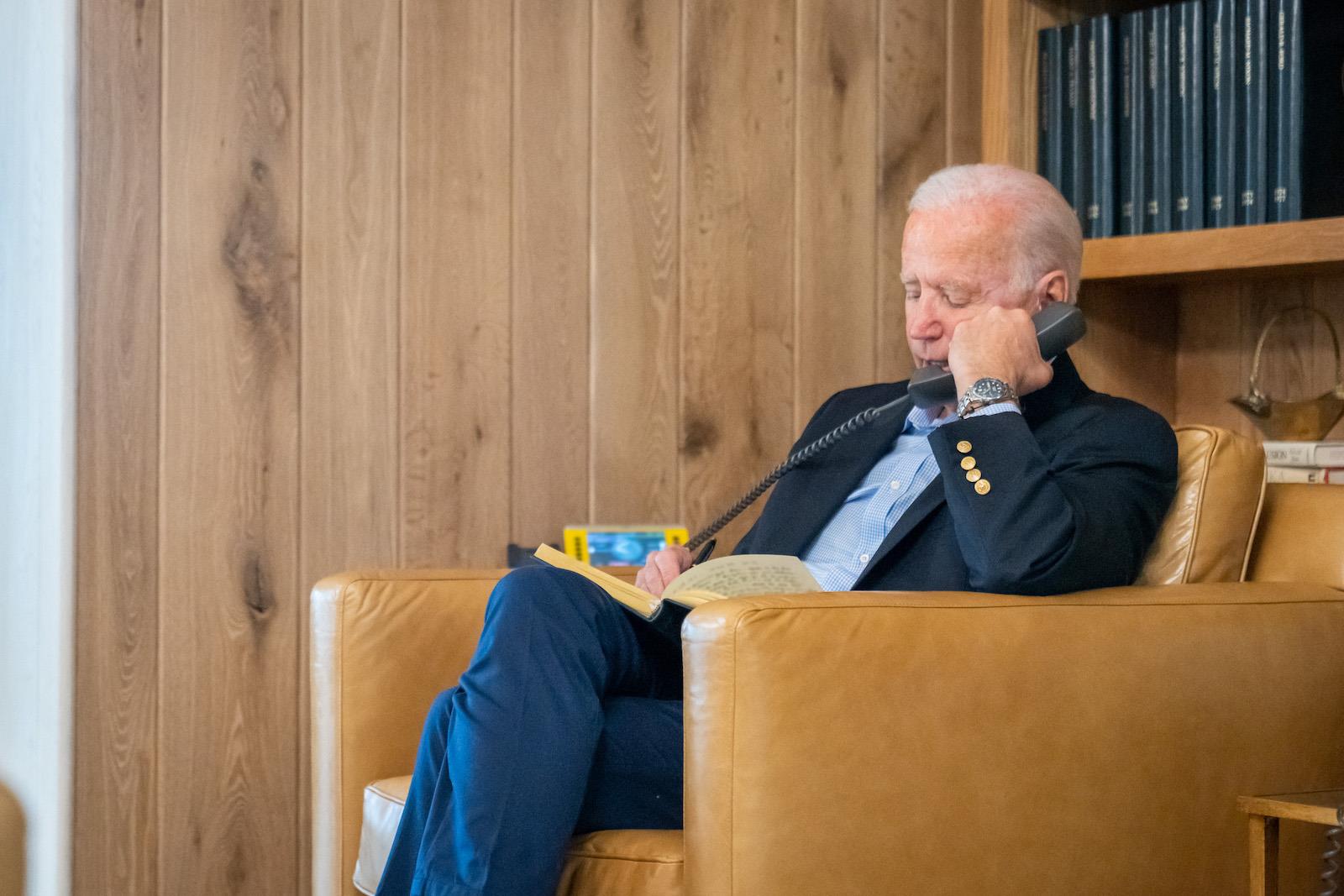(MENAFN- Asia Times) The parameters of the tumultuous Afghan exodus are becoming both clearer and more muddled at the same time. Most American and Western citizens will get out on evacuation flights.
Many Afghans, if they have proof they worked with the US and European countries, will also get away.
The total numbers could reach 200,000 or more. Some 88,000, mostly Afghans, along with several thousand foreigners, have been ferried from the country since August 14.
As the clock ticks down to the August 31 deadline for US and other foreign forces to leave Afghanistan, the complications are mounting up.
A local branch of the Islamic State, a transnational terror group, is aiming to attack US forces or the crowds at the airport, US officials say.
The State Department told Americans to leave the area outside the facility“immediately.” Thousands of foreigners and Afghans had gathered there in an attempt to get through the gates.
This week, militia gunmen on Kabul streets began to enforce a new Taliban policy that prohibits Afghans without foreign passports from reaching the airport. Some who do have passports or visas were being turned back anyway.
Afghans with various kinds of official foreign permits to leave ran into dangerous obstacles, if they could get through at all.
To compound the confusion, the American refugee pecking order that seemed straightforward wasn't.

A US Marine provides security for qualified evacuees boarding a US Air Force C-17 Globemaster III at Hamid Karzai International Airport on August 24, 2021. Photo: AFP / US Air Force / Senior Airman Taylor Crul / EyePress
American citizens get first priority, Biden has said. State Department officials first reported that 4,500 American citizens had already been airlifted away, leaving another 4,000 in the country trying to get out.
But then, they reduced that number to about 1,500 – but had no figure on how many had so-called Green Cards that prove US residency and therefore permit the holders to go home.
The next category is“Afghans who worked alongside our forces and diplomats,” Biden declared Tuesday, in a brief speech he made in Washington. No number for that group was available.
Next is an undefined category labeled“vulnerable Afghans.”
Not favored are Afghans who lack US or other foreign passports, or possess scant proof they collaborated with Americans. Their status is not murky in the eyes of authorities at Kabul airport. What non-government proof of collaboration is acceptable?
As for the chief Taliban spokesman's threat to cut off Afghan access to the airport, Biden aides said they were nonetheless depending on the group to let qualified Afghans through.
With urgency building, private American citizens in the US, many of them military veterans who worked or fought in Afghanistan, are working remotely to get former Afghan colleagues out one by one.
They communicate with them on the internet and ask contacts at the airport to get them in and on planes. Others have started to order charter flights out of Kabul to places like Macedonia and Albania for their former Afghan comrades.
Small in number, the phenomenon has been dubbed a“digital Dunkirk.” Scott Mann, a former US colonel who works with a group called Task Force Pineapple, operating out of Florida, told a television interviewer his contacts will keep working even after American forces leave.
These frantic efforts highlight the uncomfortable likelihood that Afghan collaborators with the US and NATO allied forces will be left behind.
August 31 will mark the end of the refugee crisis, but also the beginning.

A Taliban fighter holds a rocket-propelled grenade in Herat. The Islamist insurgents swept into Kabul, shocking US forces and officials. Photo: AFP
Thousands of people who believed that the changes and opportunities wrought by the West's long nation-building project were permanent – employment and educational opportunities, women's rights, entry to the wider world – will want to leave.
Biden has tacitly recognized that likelihood, but thought it enough to blame his predecessor, Donald Trump. He said the US will be“working closely with refugee organizations to rebuild a system that was purposefully destroyed by my predecessor.”
Coldly, one might shrug and say this is what happens to people who bet on the fortitude of the US and its allies, as well as on successive Afghan governments that, by all accounts, were inept and corrupt.
Or what happens when people who work closely with the US assume that the world's most powerful country will arrange a safe evacuation. Or what occurs to those who support, or get caught up in, Western American military interventions and their promises.
Over the past two decades, not only in Afghanistan, but also in the Middle East, plenty of disasters have accumulated. There was the botched occupation of Iraq; the quick overthrow of Libya's Moammar Ghaddafi and then abandonment of the country to civil war; the forsaking of Kurdish anti-terrorist allies in Syria by Trump and President Barack Obama's reversal of his pledge to bomb the Syrian government for its use of chemical weapons.
Much has been made of the loss of US credibility abroad due to such repeated debacles, less about the sense of betrayal left behind. In Afghanistan, one only has to watch TV or peruse social media to get an earful.
One former interpreter (his face blurred to protect his identity) said he wished he“never worked for the Americans.” Women claim they are already barred from work and as reports of abductions and rape emerge from the countryside, say they are afraid to leave their homes.
In any case, Biden insists on a bigger picture: whatever the headaches, the Afghan pull-out is the right and cheaper thing to do. By now, the Afghans should be able to protect themselves. Moreover, terrorism has“metastasized” and Afghanistan is but a bit player. The US can keep an eye on it“from over the horizon.”

US President Joe Biden speaks with Secretary Blinken, Secretary Austin and National Security Advisor Jake Sullivan about the ongoing efforts to safely draw down the civilian footprint in Afghanistan on August 15, 2021. Photo: AFP / White House / Eyepress
Being a great power means never having to acknowledge fiascos. Biden says that nation-building was not so much a mistake but a distortion of American policy. The goal was only to overthrow the fundamentalist Taliban regime and destroy al-Qaeda terrorists, but somehow the mission“began to morph.”
“We decided to engage in nation-building. In nation-building,” he emphasized to a TV interview this week.“That never made any sense to me.”
But it once made perfect sense to him. Biden is aware that nation-building was an early policy. He supported it from the beginning and repeated his backing for years.
President George W Bush, who launched the project, predicted that“a democratic Afghanistan would be a hopeful alternative to the vision of the extremists.” Biden backed him up.
At the outset of the conflict in 2001 when Biden was a US senator, he described the purpose of US intervention, saying:“Our hope is that we will see a relatively stable government in Afghanistan, one that … provides the foundation for future reconstruction of that country.”
He later intoned:“The alternative to nation-building is chaos, a chaos that churns out blood-thirsty warlords, drug traffickers and terrorists.”
In effect, what was once gospel in the US war on terror has been definitively left behind: that the best vaccine against terrorism is democratization and modernization.
In the name of that idea, thousands have been displaced across the Middle East and thousands more will now be forsaken in Afghanistan. Biden and many other American leaders just don't want to admit it.
MENAFN26082021000159011032ID1102686324